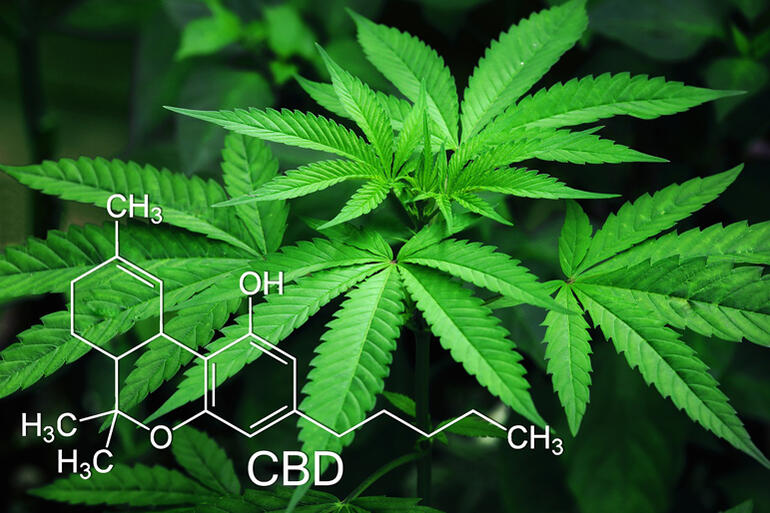
The InterChurch Bioethics Council (ICBC) has released a 32-page in-depth study guide to help churches understand the risks and benefits of legalising cannabis.
The ecumenical ICBC panel of medical, scientific and bioethics experts has prepared their research document to resource churches’ conversations on the relevant issues prior to a Government referendum in 2020 that will ask Aotearoa New Zealanders to vote yes or no to legalising cannabis.
The thorough IC Bioethics Council guide looks at the high current use of illegal cannabis products in New Zealand, which ranges from medical use in pain relief and palliative care through to recreational use.
The guide unpacks the pros and cons of shifting the legal status of cannabis, and gives detailed information on the medicinal and psychoactive effects of cannabinoids in both cannabis plants and synthetic cannabinoid products.
As well as pointing out the detrimental impact of unequal sentencing of Māori cannabis users, the guide also highlights the negative mental health effects of heavy cannabis use when begun in teenage and on long-term cannabis users. One section takes a comprehensive look at the problems of effective testing and sentencing for drug-driving, particularly the difference between ‘impairment’ versus ‘detection’.
Each section of the ICBC guide offers study questions to help groups discuss the wide-ranging issues well in advance of making their decisions in 2020.
The guide concludes with the ICBC’s summary of possible benefits and harms associated with changing the current drug laws: by legalisation, decriminalisation or via more minor changes to current laws. These include:
Cannabis legalisation: benefits
Many New Zealanders are already using cannabis, so a law change could bring cannabis issues out into the open. Ideally commercial regulation of cannabis sales could eliminate or reduce the illegal black market and undermine criminal networks associated with the current cannabis trade.
Legalisation would remove criminal convictions for cannabis use, which correspond to the disparities between Māori and non-Māori sentencing across the justice system, and so sentences for cannabis offences are overrepresented by Māori.
“Since arrests and prosecution for cannabis use are not always consistent for different NZ demographics, law changes should reduce this inequality.” (ICBC Legalization of Cannabis Referendum Resource summary)
Another benefit of decriminalisation or legalisation of cannabis could be to relieve pressure on prisons, and free up court appearance schedules and free police time.
Economic benefits could include new employment in growing, transportation, processing and sale of cannabis products. One suggestion is that taxes on sales could be invested in health care for those with drug problems.
Cannabis legalisation: harms
With legalisation, some evidence points to a potential increase in people using cannabis. Increased drug-taking behaviour could then lead to other drug use, including synthetic cannabis, creating further addiction problems in the population.
If homegrown cannabis becomes legal, it will be difficult to control the strength of the psychoactive substance THC being cultivated in plants and assess effects on users.
An increasing number of research studies show that cannabis use can severely worsen some mental health conditions such as psychosis (including schizophrenia), and in adolescence it can “adversely and irreversibly affect cognitive functioning and cause anxiety.” These dangers are in the context of already significant youth mental health problems in Aotearoa New Zealand which need to be mitigated, not added to.
To download the full study guide in PDF format click on the link below.
ICBC Legalisation of Cannabis Referendum Study Resource







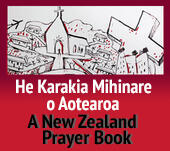
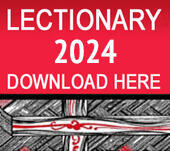


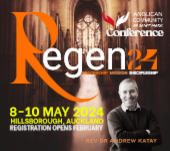
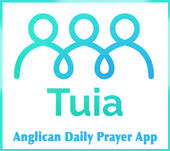




Comments
Log in or create a user account to comment.